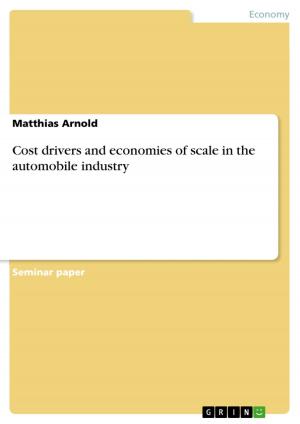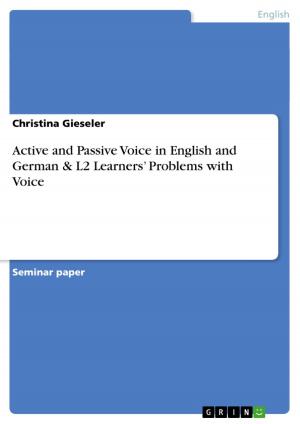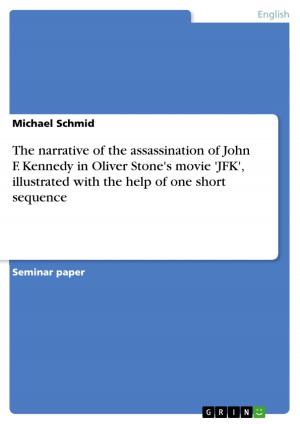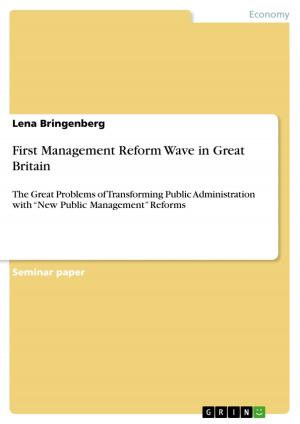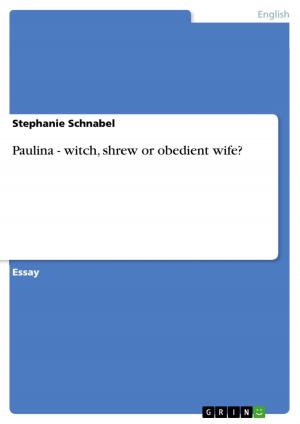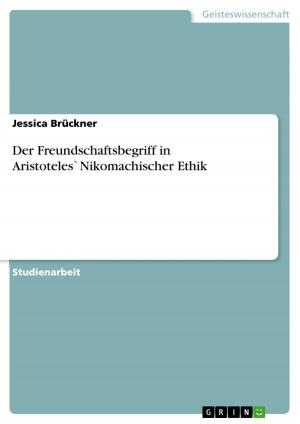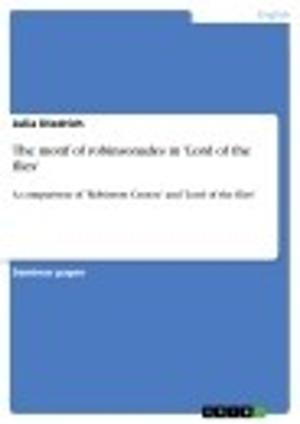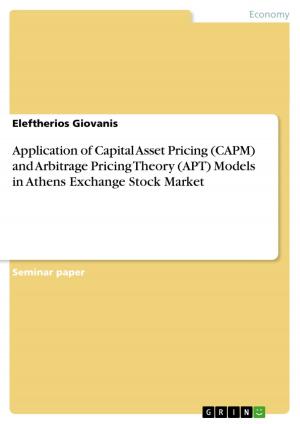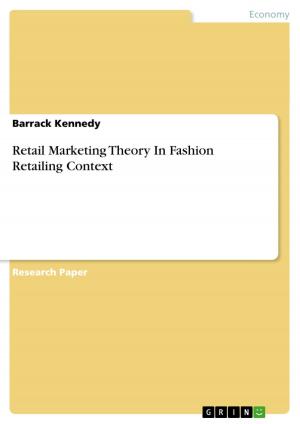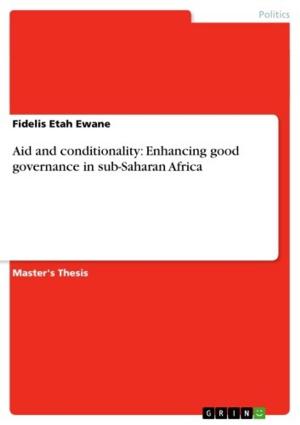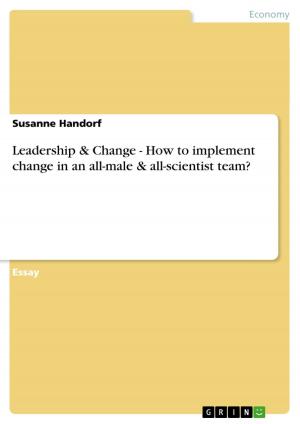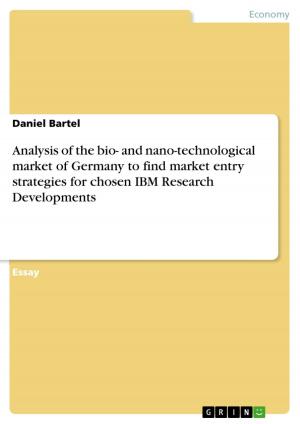'Traumnovelle' - A Dreamlike Challenge for Love?
A Dreamlike Challenge for Love?
Fiction & Literature, Literary Theory & Criticism, European, German| Author: | Marion Luger | ISBN: | 9783640427338 |
| Publisher: | GRIN Publishing | Publication: | September 11, 2009 |
| Imprint: | GRIN Publishing | Language: | English |
| Author: | Marion Luger |
| ISBN: | 9783640427338 |
| Publisher: | GRIN Publishing |
| Publication: | September 11, 2009 |
| Imprint: | GRIN Publishing |
| Language: | English |
Seminar paper from the year 2000 in the subject German Studies - Modern German Literature, grade: 1,00, University of Sussex, language: English, abstract: Considering the individual expressions of this essay's title, their meaning pretends to be self-explanatory. Nevertheless, definitions of the significant terms seem to be necessary in order to be clear about their function regarding the interpretation. Firstly, the word 'dream' will be defined - regarding the protagonists' condition - as a 'series of images, events and feelings that happen in your mind while you are asleep' as well as a phrase that 'impliziert alles, was einer traumähnlichen Irrealität und einer Art Zwischenreich entspricht'. Moreover, 'Traum' means 'a wish to have or be [something], especially one that seems difficult to achieve'. In other words, this designation can (and will) be used not only to express (almost unachievable) desires, but also the situation, in which wishes might be granted. Secondly, Johann Wolfgang von Goethe has defined the term 'novel' as 'eine sich ereignete, unerhörte Begebenheit' - concerning 'Traumnovelle', this statement may apply to the test for Fridolin's and Albertine's relationship. In section II, I will present the causes of the disturbance of the harmony, Fridolin's reaction to his wife's confession of her secret desires, and the handling of his emotions. Thereupon, section III reveals parallels and inequalities regarding the couple's experiences. Finally, this survey attempts to point out the (literal and figurative) return to the conventional state.
Seminar paper from the year 2000 in the subject German Studies - Modern German Literature, grade: 1,00, University of Sussex, language: English, abstract: Considering the individual expressions of this essay's title, their meaning pretends to be self-explanatory. Nevertheless, definitions of the significant terms seem to be necessary in order to be clear about their function regarding the interpretation. Firstly, the word 'dream' will be defined - regarding the protagonists' condition - as a 'series of images, events and feelings that happen in your mind while you are asleep' as well as a phrase that 'impliziert alles, was einer traumähnlichen Irrealität und einer Art Zwischenreich entspricht'. Moreover, 'Traum' means 'a wish to have or be [something], especially one that seems difficult to achieve'. In other words, this designation can (and will) be used not only to express (almost unachievable) desires, but also the situation, in which wishes might be granted. Secondly, Johann Wolfgang von Goethe has defined the term 'novel' as 'eine sich ereignete, unerhörte Begebenheit' - concerning 'Traumnovelle', this statement may apply to the test for Fridolin's and Albertine's relationship. In section II, I will present the causes of the disturbance of the harmony, Fridolin's reaction to his wife's confession of her secret desires, and the handling of his emotions. Thereupon, section III reveals parallels and inequalities regarding the couple's experiences. Finally, this survey attempts to point out the (literal and figurative) return to the conventional state.

